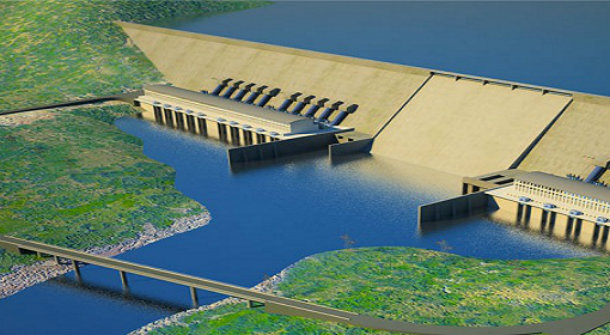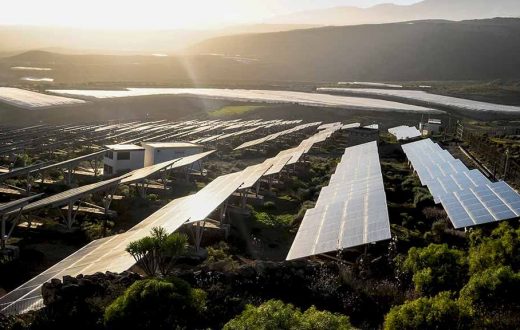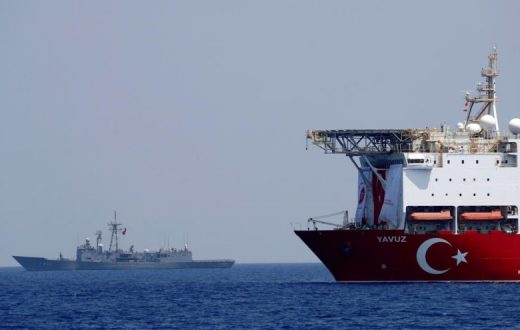Ethiopia may be one step closer to realizing its dream of finishing construction on the Grand Ethiopian Renaissance Dam. On Dec. 29, Ethiopia, Egypt and Sudan signed the “Khartoum document,” an agreement on the terms of moving forward with the problematic venture. While the agreement is by no means a final resolution, it is notable that Ethiopia has shown more willingness to compromise by signing it, thereby agreeing to technical negotiations that could lead to a consensus with countries further downstream on the Nile River. By cooperating in negotiations and holding back on diverting Nile River water into a planned reservoir, Ethiopia will also have an easier time finding foreign investment to complete the dam, which has Egypt concerned about the safety of its water supply.
Analysis
Still, it is notable that Ethiopia has agreed not to divert any water from the Nile River into the reservoir until the studies are complete and there is a consensus on managing dam operations. Currently the Nile River is diverted around the construction site, but it is the removal of volume from this stream into the reservoir — which could take up to six years — that could greatly reduce water supplies into Egypt. Eventually, the static water in the reservoir will also lead to a reduction in volume because of evaporation, which could deteriorate water quality. Holding back on filling the reservoir is something that Egypt has requested for quite some time, but until now, Ethiopia had been hesitant to commit. That Addis Ababa has finally agreed to proceed with negotiations, risking slowing construction, is a clear sign of its desire to reach a regional consensus. This is further proved by allowing Egypt a voice in logistical discussions and the consideration given to adding more gates to the dam to ensure sufficient throughput.
Despite Ethiopia’s willingness to give negotiations a chance, there is no notable indication that Cairo and Addis Ababa are any closer to achieving a consensus. Egypt has a critical interest in securing its historical water rights and is insistent that Ethiopia sign a legally binding deal with enforcement guarantees, which Ethiopia has been unwilling to do. Egypt also wants to be part of the dam administration, but Ethiopia has so far only allowed it an investment role. These issues are incredibly important to Egypt, as well as to Ethiopia as it tries to leverage the gigantic hydropower potential of the dam for greater economic progress, and this will make it difficult for the two to come to agreement. That is why the independent technical studies are so important. They will prove or disprove whether the dam threatens Egypt’s water supply. They will also reassure investors.
If Egypt and Ethiopia fail to reach a consensus, Egypt plans to take the issue to the U.N. Security council under the pretext of a national security threat, although any potential U.N. response would likely hinge on actual water flows into Egypt. Even at that point, however, disputes over the methods used to measure the depth of the Nile River could lead to arguments over the actual impact of the dam. Egyptian politicians and the public have pushed for a military strike against the dam, but given the complexities of such an operation this is extremely unlikely. Ethiopia had been delaying negotiations since the start of this dispute in 2010, but now it looks as if Addis Ababa finally feels it is in a position to comfortably push for consensus. If it were not hopeful or willing to further accommodate the Egyptian concerns, Ethiopia would not be willing to hold back on any construction in favor of these negotiations.
As long as the region remains divided on the dam, actual construction could be disrupted at any time. The dam is reported to be about 50 percent complete right now, and water is being diverted around the construction site. Still, even though construction is far along, Ethiopia has been unable to secure foreign investment for the project, and less than 30 percent of the total $4.8 billion price tag to complete the dam has been secured. Unless Ethiopia manages to secure the required funding, completion of the dam could easily be delayed by several years. This is precisely why negotiations are so important: The better negotiations go, the better Ethiopia’s chances for obtaining funding.







